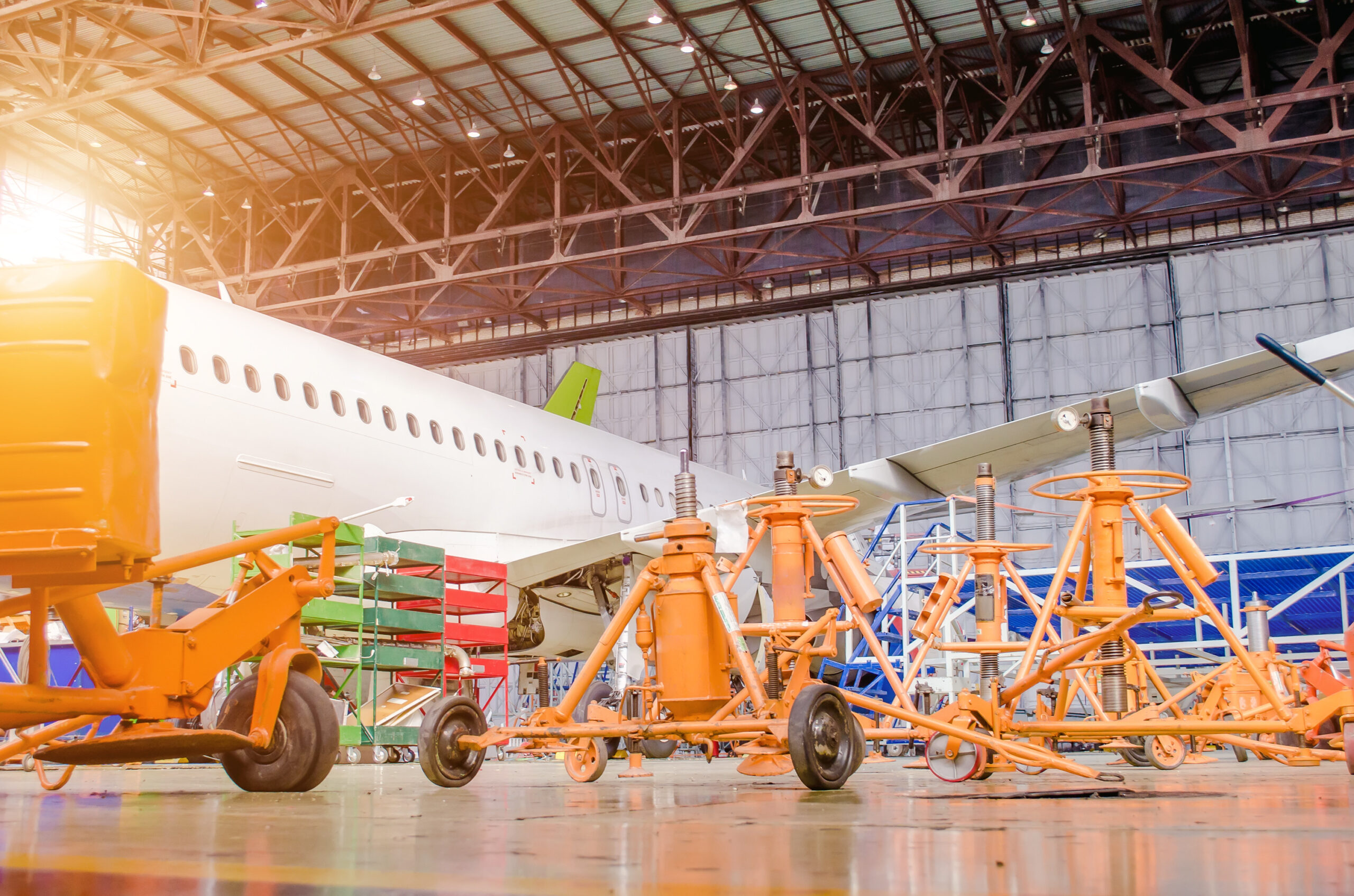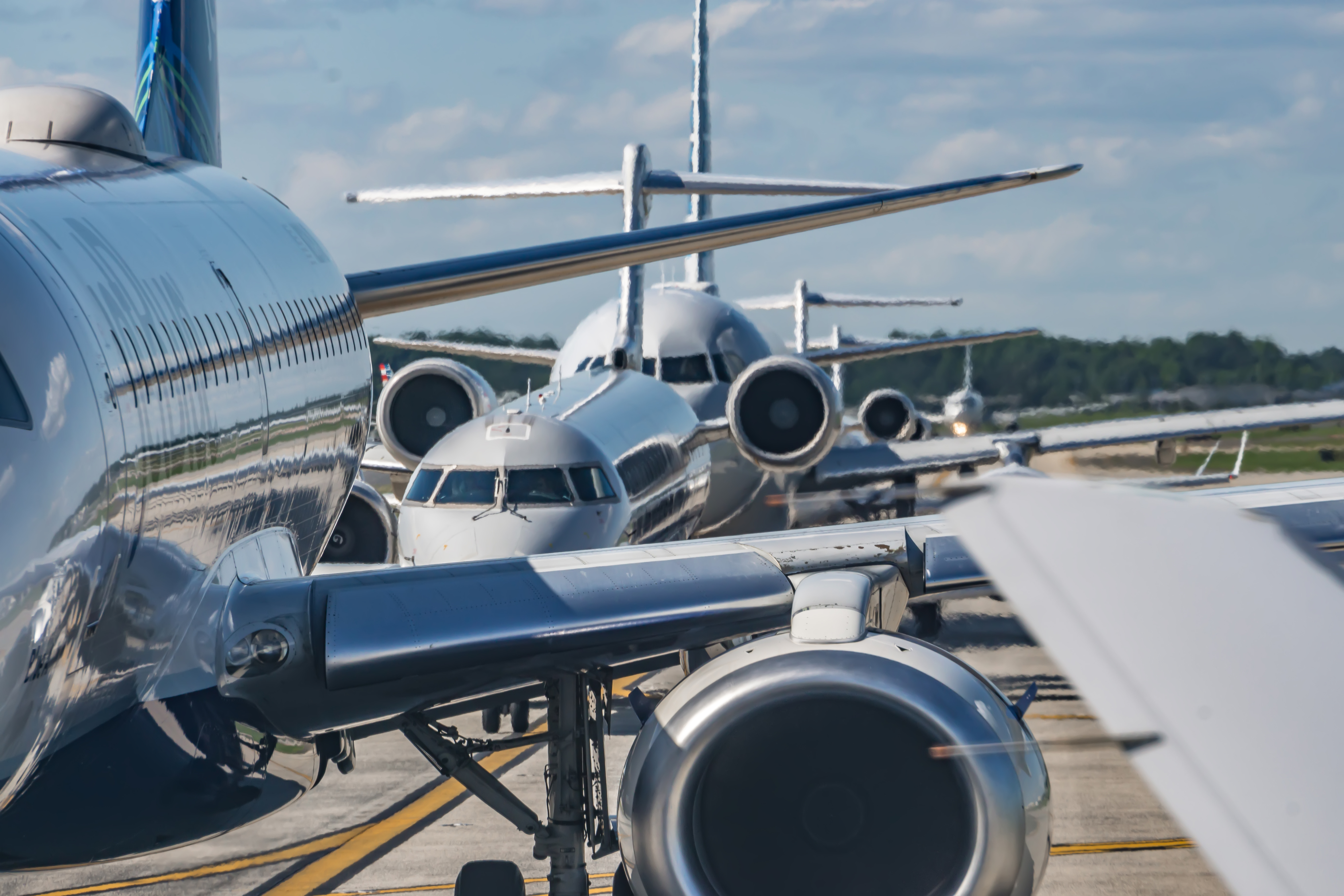The rugged terrain of Papua New Guinea calls for a well-developed aviation infrastructure in the region. However, experts point out that though being literally the only efficient means of transportation, the national air transport industry is still subject to some quality and safety-related issues. In order to ensure adequate safety the industry representatives should enhance the cooperation among both local and regional market players, particularly in the supply segment.
‘Due to its geographical peculiarities Papua New Guinea simply had no choice but to invest into the development of its air transport industry. Though having relatively moderate population and being quite small in size, the country is home to over 500 aerodromes (approx. 20 of them are paved) and about 260 locally registered aircraft. Moreover, with several hundred of local and international flights carried out from the main Jacksons International Airport each week, the country has all the potential to develop local aviation even further,’ commented the CEO of Locatory.com Zilvinas Sadauskas.
However, according to experts, the country is currently faced with some obvious difficulties in implementing its full potential and these are mainly to do with safety issues. According to the recent ICAO Safety audit, PNG lacks the required level of safety in many key areas, including the Resolution of Safety Concerns, the Provision of Safety-Critical Information, the Qualification and Training of Technical Personnel, etc. Moreover, some industry players maintain that the local infrastructure calls for major improvements to be made. Furthermore, the country has quite a rugged terrain, which imposes additional obstacles and risks for the local air travel market players.
Considering all the risk factors local operators ought to ensure the highest possible functionality of their fleet, which includes not only gentle exploitation of aircraft, but also the high quality of their maintenance and spare parts. But in the times of the ever rising oil prices and operational costs, operators are forced to look for ways to optimize their budgets, which unfortunately may sometimes trigger safety concerns.
‘As sometimes aircraft spare parts account for the largest portion of maintenance-related expenses, especially in an AOG situation, operators are on a constant lookout for cheaper solutions. However, the PNG aviation sector has all the potential to develop a less costly supply market without compromising flight safety and the quality of services. The milestone for such development should be a significant diversification of potential spare parts suppliers. Should local aircraft operators consider selling or renting their surplus and the no longer needed parts to the operators and MRO organizations from the neighbouring Indonesia and Australia, this would eventually bring about a sharp drop in spare parts’ prices in the regional market due to the rise in supply. The only challenge is to develop a common platform for the potential market players to interact among themselves,’ comments Zilvinas Sadauskas.



